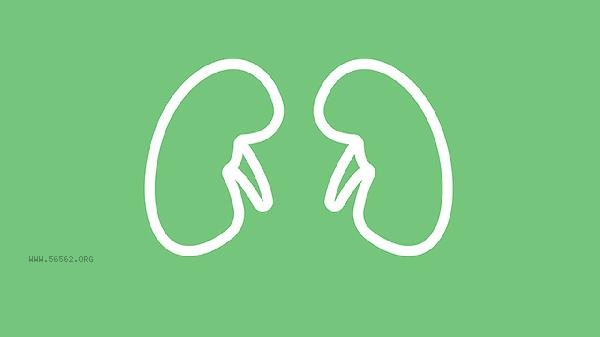Improving lung capacity and body mass index can be achieved through aerobic exercise, respiratory training, posture adjustment, nutritional supplementation, and smoking cessation and alcohol restriction. These methods can enhance lung function, optimize respiratory efficiency, and improve overall health status.

1. Aerobic exercise:
Regularly engage in aerobic exercises such as jogging, swimming, or cycling, at least 3 times a week, each lasting for more than 30 minutes. This type of exercise can enhance the strength of the diaphragm and intercostal muscles, gradually expanding lung capacity. The compression effect of water pressure on the chest during swimming is particularly helpful in increasing breathing depth, and it is recommended to start gradually from low intensity.
2. Breathing training:
uses abdominal breathing and pursed lip breathing training, with 2-3 groups practicing daily for 10 minutes each. During abdominal breathing, lie flat and bend your knees, placing one hand on your abdomen to feel the rise and fall of the diaphragm; Lip pursed breathing prolongs gas exchange time by slowly exhaling. These two methods can improve alveolar utilization and enhance ventilation efficiency.
3. Posture adjustment:

Maintain a sitting and standing posture with a straight chest and head, avoiding hunchback with chest. Poor posture can limit the space for chest expansion and reduce lung capacity by 20% -30%. During office hours, waist cushions can be used and chest expansion exercises can be done every half hour to help maintain optimal respiratory mechanics.
4. Nutritional supplementation:
Increase intake of citrus fruits rich in vitamin C, salmon containing omega-3, and nuts rich in antioxidants. These nutrients can reduce respiratory oxidative stress damage and maintain alveolar elastin synthesis. At the same time, ensure 2000 milliliters of water per day to keep the respiratory mucosa moist.
5. Smoking cessation and alcohol restriction:
Tar in tobacco can damage pulmonary surfactant, leading to permanent decline in lung function. Alcohol inhibits the respiratory central nervous system regulation function. It is recommended to completely quit smoking, with a daily alcohol intake of no more than 25 grams for men and 15 grams for women, to avoid damage to respiratory ciliary motor function.

Improving lung capacity requires a systematic training plan. It is recommended to perform breathing exercises on an empty stomach in the morning, using the 4-7-8 breathing method of inhaling for 4 seconds, holding for 7 seconds, and exhaling for 8 seconds, which has a significant effect. The maximum duration of continuous vocalization that can be monitored daily as a simple evaluation indicator should normally exceed 25 seconds. Individuals with combined chronic respiratory diseases should develop personalized plans under the guidance of a doctor to avoid symptoms such as dizziness caused by excessive ventilation. Maintain a bedroom humidity of 50% -60%, regularly clean the air conditioning filter, and reduce the stimulation of environmental factors on the respiratory system.









Comments (0)
Leave a Comment
No comments yet
Be the first to share your thoughts!